During Prime Minister Narendra Modi’s visit to Bhutan on March 22 and 23, India announced the doubling of its assistance to Bhutan from 50 billion Indian rupees ($0.6 billion) for its 12th Five Year Plan (2018-2023) to 100 billion rupees ($1.2 billion) for its 13th Five-Year Plan (2024-2029). The Gelephu Special Administrative Region, an economic hub that will come up on Bhutan’s border with Assam in India’s Northeast, and connect with an economic corridor linking South Asia to Southeast Asia, is expected to be a major beneficiary of India’s substantially enhanced assistance to Bhutan.
During Modi’s visit, the two sides also signed Memorandums of Understanding and agreements on energy, trade, digital connectivity, space, agriculture, youth exchange, environment and forestry. The text of an MoU on establishing two railway lines — Kokrajhar-Gelpehu and Banarhat-Samtse — between India and Bhutan was initialed. India also promised to build an airport and waterways navigation on the River Brahmaputra as well as integrated check posts to strengthen connectivity and trade infrastructure between the two countries.
India and Bhutan enjoy a close relationship. The Treaty of Friendship and Cooperation, 1949, which was revised and renewed in February 2007, provides the framework for the relationship. India provides landlocked Bhutan with access to the sea. It is its top trade partner, accounting for around 80 percent of Bhutan’s overall trade. India is also Bhutan’s main source of investment. Since the 1960s it has contributed substantially to Bhutan’s five-year plans and is its principal development partner.
India-Bhutan diplomatic and defense cooperation is strong as well. The fact that India and Bhutan have territorial disputes with China and some of the territory that Beijing claims in the latter — the Doklam Plateau and the Sakteng Wildlife Sanctuary — has strategic importance for India, explains India’s enormous role in the Himalayan kingdom.
India’s large support to Bhutan is aimed at preventing Beijing from gaining leverage over Thimphu, especially on the border dispute. It is in this context that the doubling of assistance to Bhutan must be seen.
China and Bhutan have engaged in direct talks since 1984 to settle their border dispute. In 1996, Beijing put forward a package deal under which it offered to accept Bhutan’s sovereignty over Pasamlung and Jakarlung in north-central Bhutan in exchange for Thimphu ceding control over Doklam in western Bhutan to China.
China has been altering the status quo on the ground to pressure Thimphu, building roads and permanent structures inside Bhutanese territory it claims. Satellite images reveal that it is building roads and other permanent infrastructure in Doklam, and entire villages, roads, hydropower stations, communications facilities, and military and police outposts inside Bhutanese territory in Jakarlung and Menchuma valleys in northcentral Bhutan and Beyul Khenpajong, an area that is sacred to Buddhists and the Bhutanese royal family. Besides, China has opened a new front in its dispute with Bhutan by adding the Sakteng Wildlife Sanctuary in eastern Bhutan to its territorial demands.
While Bhutan rejected the Chinese package for decades, there is apprehension in India’s security establishment that Bhutan will now cede control over Doklam to the Chinese to settle the border and stop Chinese ingression into its territory. Such apprehension has surged with Sino-Bhutanese talks gathering momentum and showing “significant progress” in recent years. In 2021, China and Bhutan agreed on a Three-Step Roadmap to settle the border, and the first boundary delimitation technical talks were held in August 2023. In May 2023, Bhutan’s then-Prime Minister Lotay Tshering said that the two sides would demarcate boundaries in “one or two meetings.”
There has been a flurry of high-level visits and meetings between India and Bhutan over the past year. Bhutanese King Jigme Khesar Namgyel Wangchuck visited New Delhi in April and November 2023; while Prime Minister Tshering Tobgay did so on March 14-18, 2024. Modi visited Bhutan just days later.
During Modi’s recent visit to Bhutan, the king conferred the Order of the Druk Gyalpo, Bhutan’s highest civilian award, on the Indian prime minister. The Bhutanese government had announced the award in December 2021 but the pandemic prevented Modi from traveling to the Himalayan kingdom at that time. Modi’s recent visit was to receive the award, officials say.
The timing of Modi’s visit has raised questions. Having deferred receiving the award for over two years, what was the hurry for Modi to visit Bhutan even as campaigning for India’s 18th general elections is underway and the model code of conduct for elections is in effect? It is rare for Indian leaders to make foreign visits after elections are announced.
Reports in sections of the Indian media say that the conferring of the award on Modi presented his government with an opportunity to project his global leadership to impress voters. India’s Foreign Secretary Vinay Kwatra trumpeted that “Modi is the first foreign dignitary and the fourth person to have been conferred this award in Bhutan.” Modi’s leadership even received the King’s endorsement. “With him [Modi] at the helm, India’s future is bright,” he said, praising India’s rise “as a global power under his leadership.” The Prime Minister’s Office was quick to publicize the praise for Modi’s leadership.
However, analysts are also pointing out that Modi’s visit to Bhutan and the increased assistance was to pre-empt embarrassment amid elections. As noted Indian security analyst Pravin Sawhney posted on X, formerly Twitter, “India does not want Bhutan to announce it’s [sic] border settlement with China (which is ready) before India’s general elections are over!”
Modi has projected himself as a muscular leader, who has stood up even to the big powers. His Hindu nationalist Bharatiya Janata Party claims it is the most effective guardian of India’s security interests.
Any disclosure on a China-Bhutan deal that undermines Indian security and territorial integrity would be particularly embarrassing for Modi, who is expected to return for a third straight term as prime minister. While his government has been able to hide Indian territorial losses to China in Ladakh, Bhutanese territorial concessions to China that impact India will be harder to hide.
This would have been on Modi’s mind as he flew into the Himalayan kingdom.


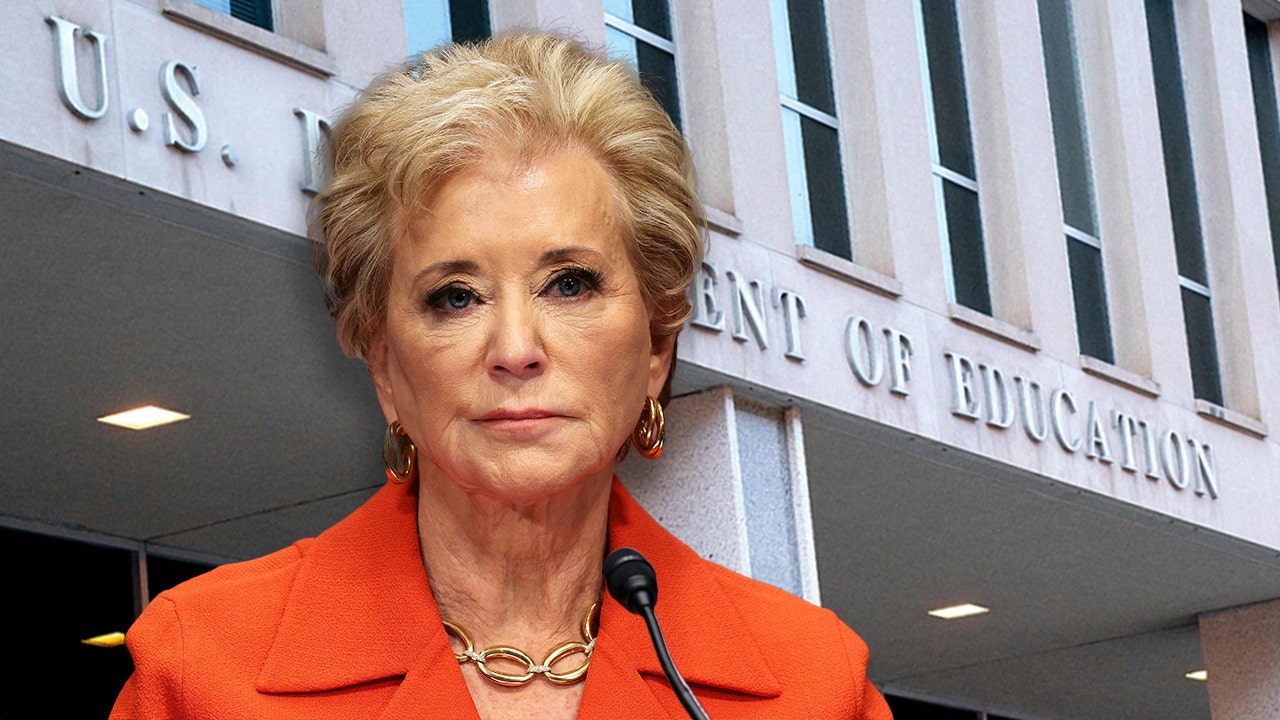


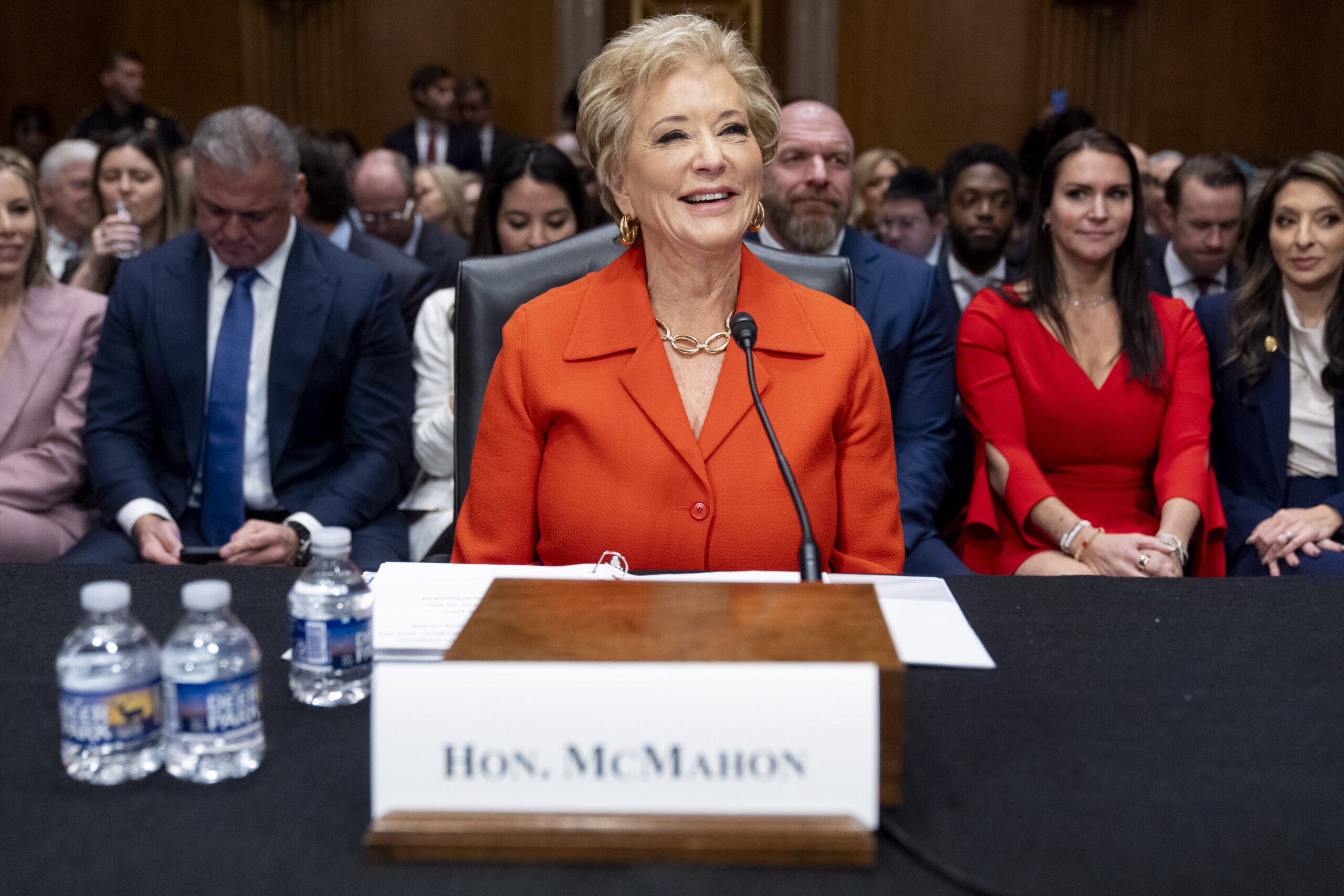


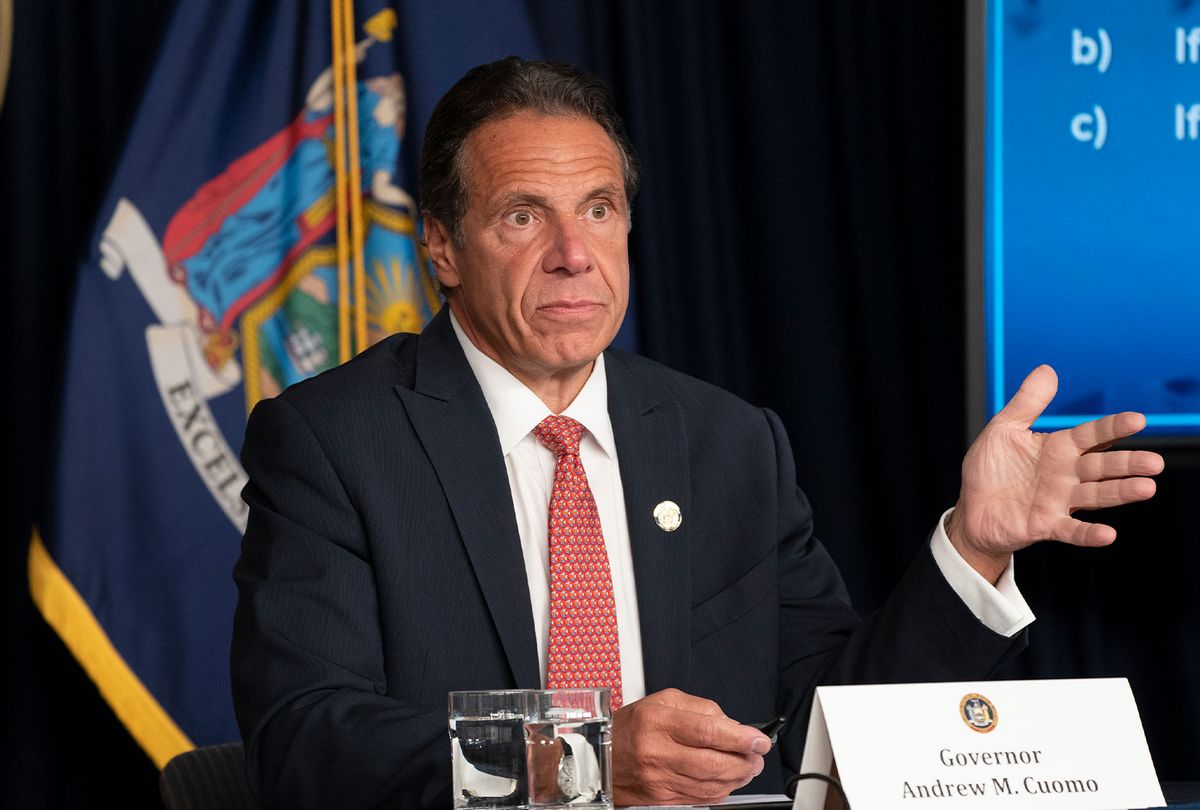

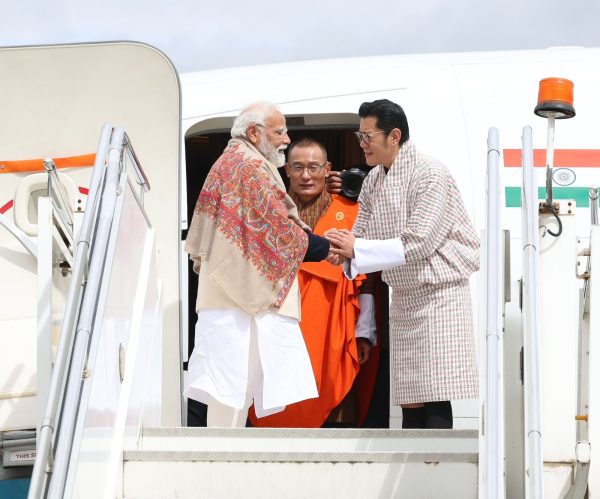




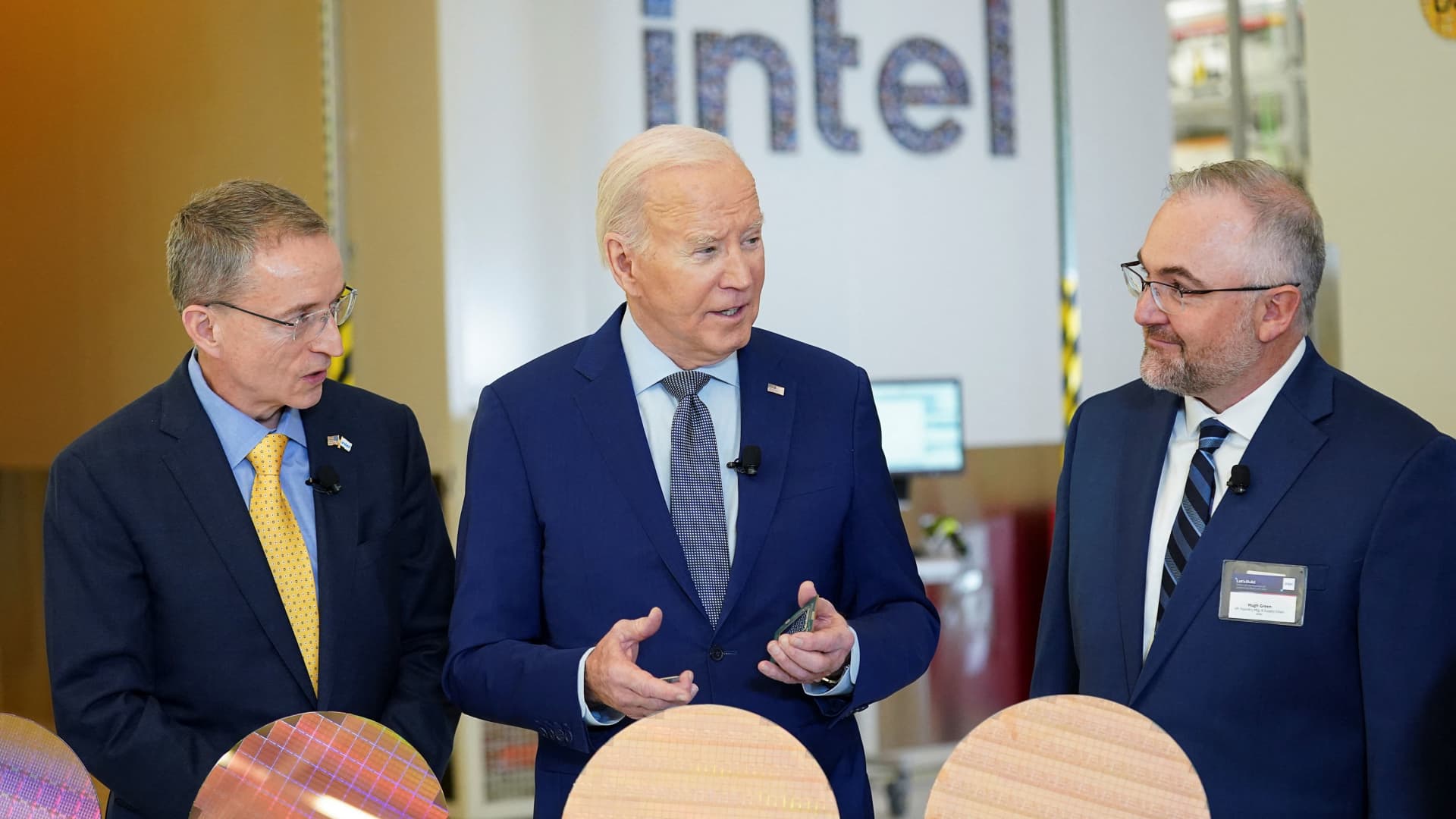
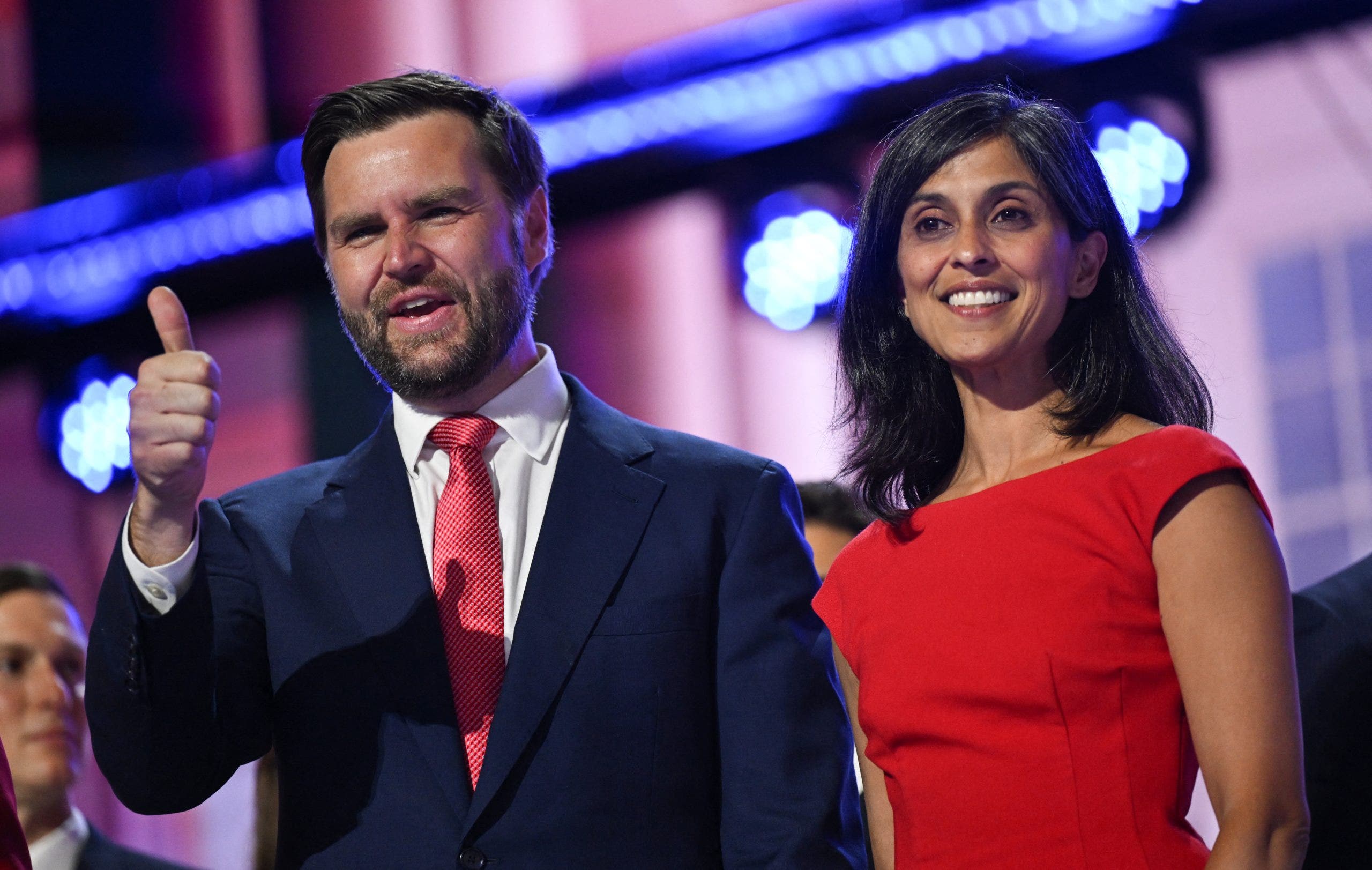

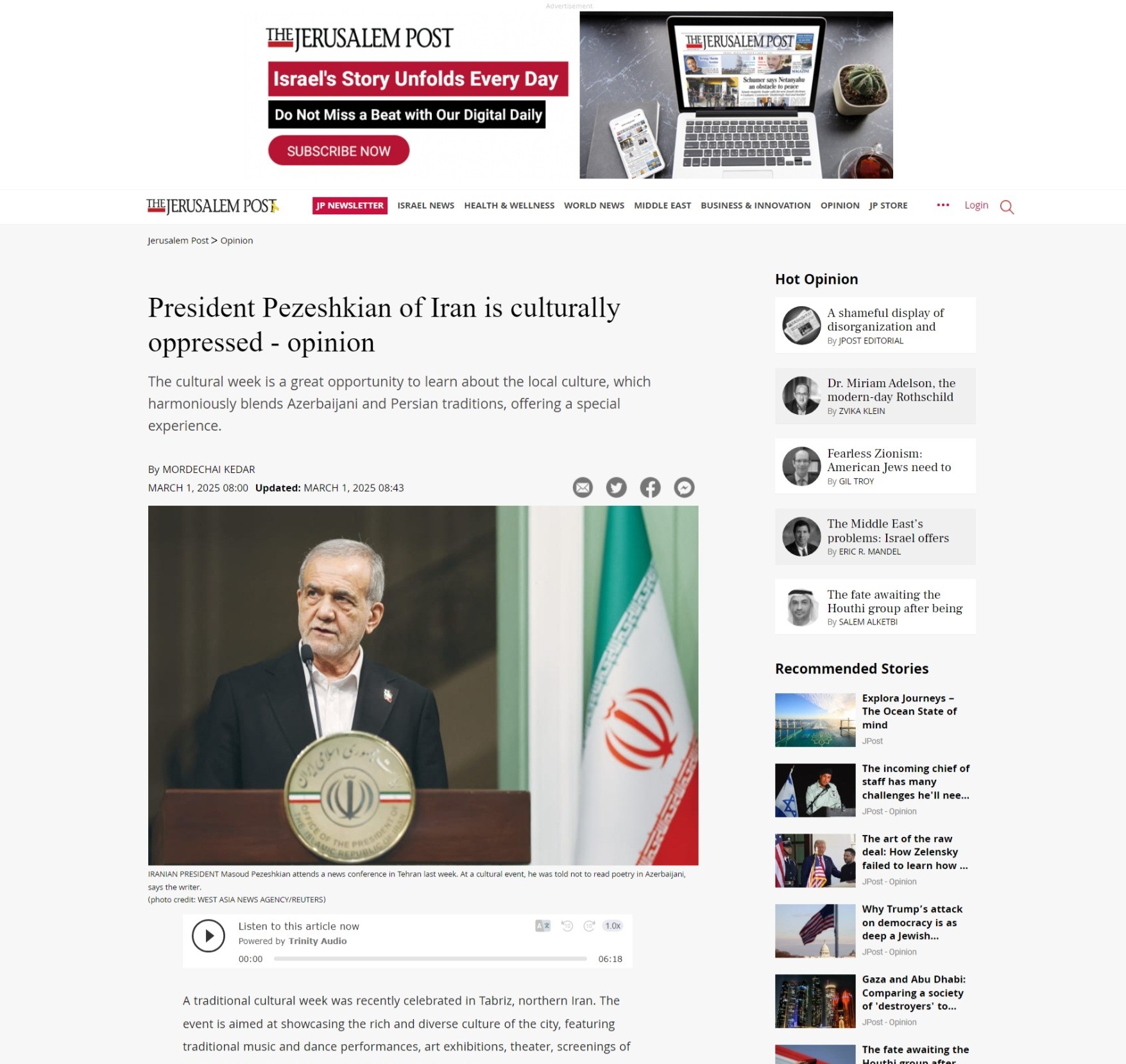


Discussion about this post